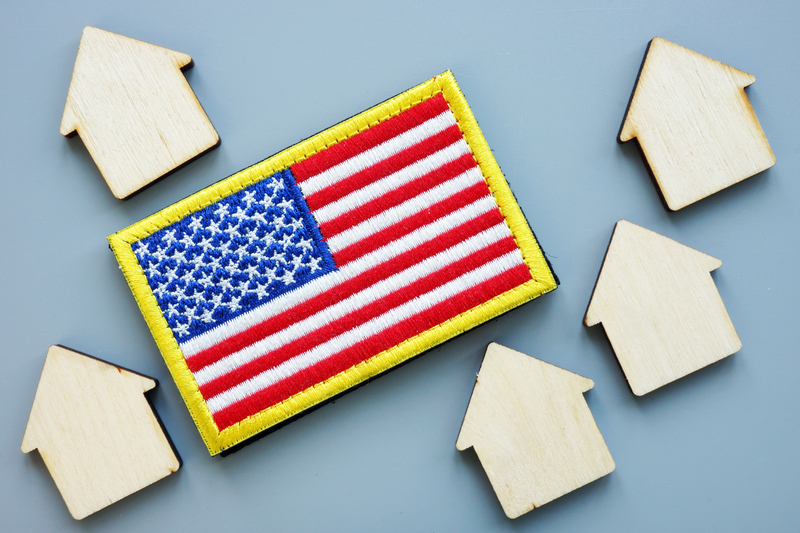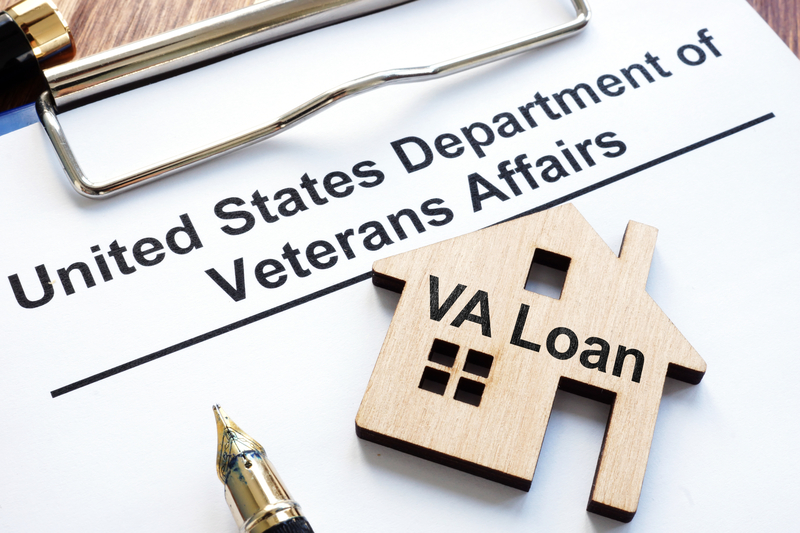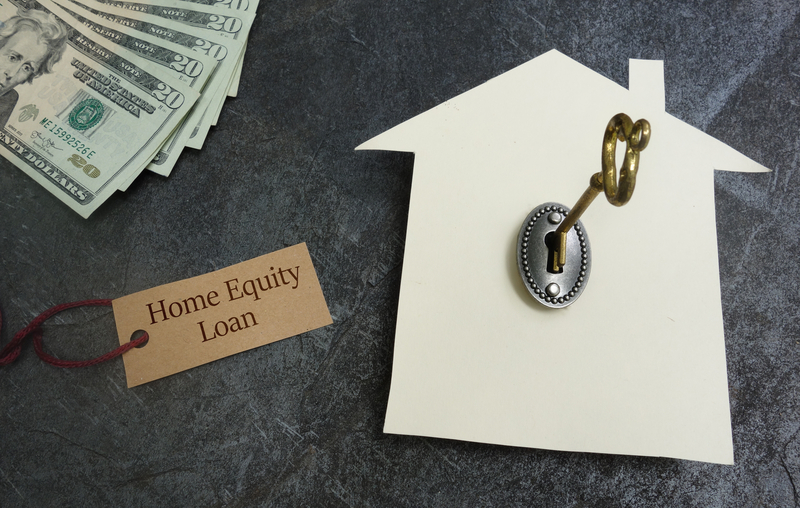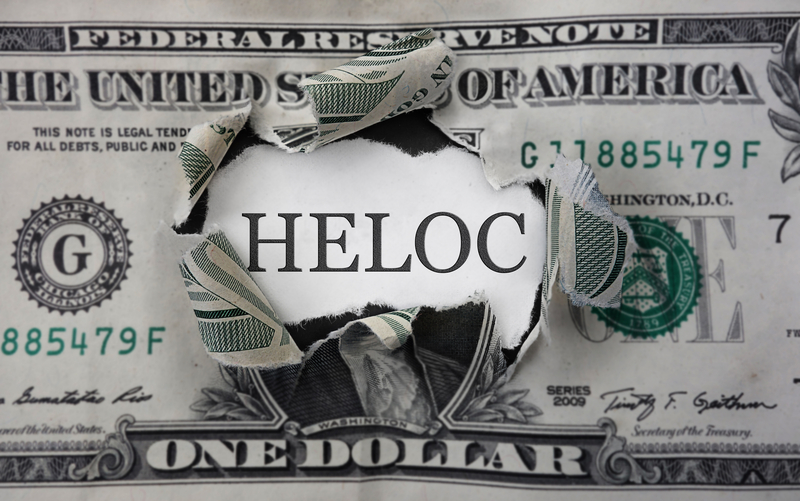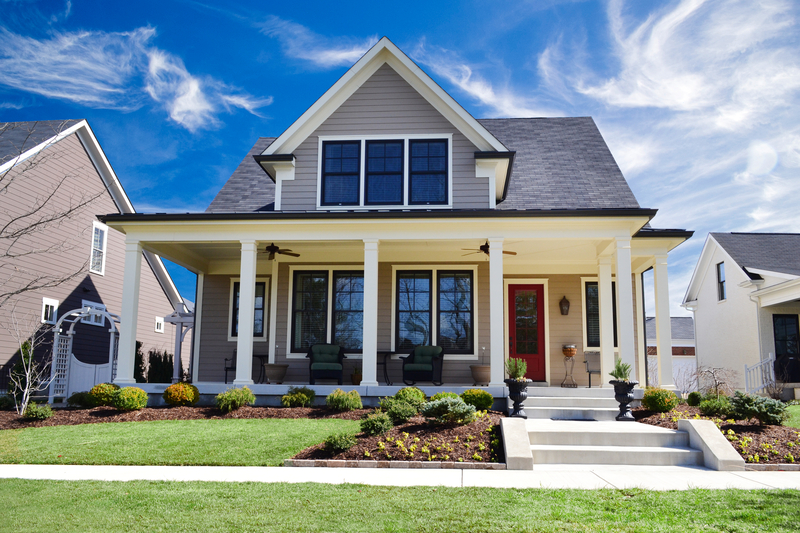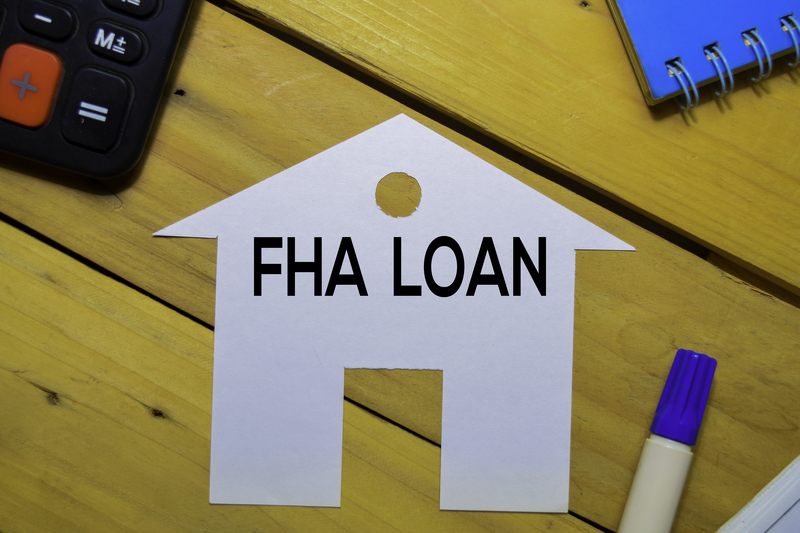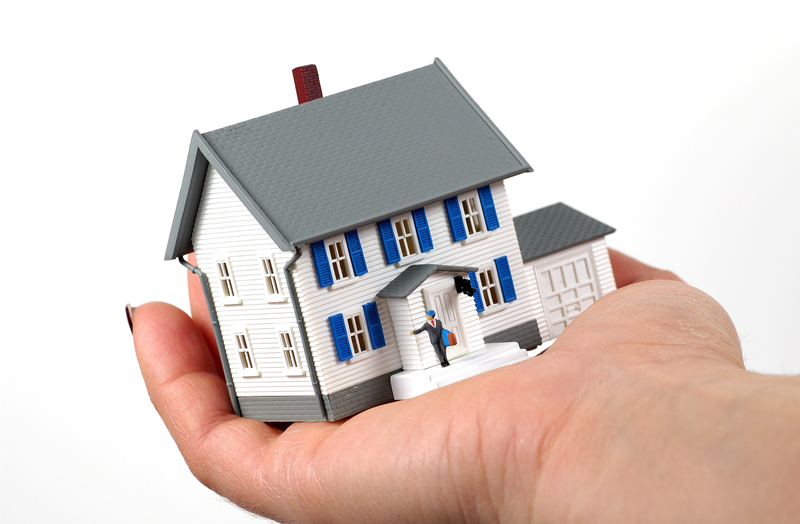If you are like many people, you dream of owning your own home. To purchase a home, you will need to get a mortgage. This is a term that many people have heard of but may not understand what it actually is and what is involved in securing and maintaining one. We’re here to help you understand the basics so that you can make your dream come true.
What is a Mortgage?
A mortgage is simply a loan that can be used to purchase a home. This means that you will be able to purchase a home without all of the cash up front. To qualify for a loan, lenders will specify certify eligibility requirements. Most of the time, this means you’ll need a good credit score (580-620) and good debt to income ratio. Just as with a traditional loan, you’ll receive a lump sum that you agree to pay back on a schedule. As part of the loan agreement, you will need to provide some form of collateral in the event that you cannot repay the loan. For a mortgage loan, the is usually the home itself. If you default on the mortgage repayments, the lender will repossess the property through the process of foreclosure.
How Mortgages Function
When your lender agrees to provide you with a mortgage loan, they give you the money to purchase the home. You then have a schedule to repay the loan with interest. The interest rate that the lender offers is based on your risk level as a client and the market rates. In short, the better your credit score, the less of a risk you are to the lender. Market rates will fluctuate beyond your control but you can take steps to ensure that you have the best credit score possible.
Terms
You will encounter many new terms when securing a mortgage. There are a few of them:
- Amortization: When you make a payment on your mortgage, part of it goes toward the interest and the rest to your loan balance. Amortization is how these funds are divided.
- Down payment: This is the amount of cash that you put toward the purchase of the home. A down payment of 20% will often provide you with a better interest rate.
- Escrow: Many lenders will set up an escrow account to cover the property taxes and homeowners’ insurance payments. In some cases, the lender will add these costs to the mortgage payment.
- Mortgage Interest Rates: Two types are available: fixed rates and adjustable rates. Fixed rates mean the interest rate will stay the same throughout the life of the mortgage. Adjustable-rate loans mean that following a period of several rates at a fixed interest rate, the interest rate will then fluctuate based on market conditions.
When you begin looking for the best mortgage loan for you, take your time to understand the ins and outs of each lender and their conditions. By choosing carefully, you will find the perfect home for you and your family.



